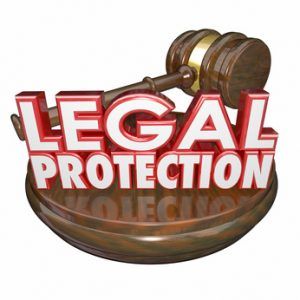
The Patent Office
The United States recognized early on that our nation is a breeding ground for great innovative ideas. Legislation has been in place since the first patent was issued in 1790 for making potash used for a fertilizer. In case your history is a little rusty, that was during George Washington’s presidency. Since then millions of patents have been issued. To keep up with such a high demand for cutting edge productivity, the Patent Office was established in 1836. It is a part of the Department of Commerce.
First Things First
So, if you have a great idea and want to get your invention patented, you must first find out if there is already a patent issued to someone else who thought of it first. The Patent Office has a weekly newsletter that indexes patents. They receive over 100,000 applications every year. To say it is flooded is an understatement. Each application requires that the databases be searched to ensure there is no infringement of someone else’s intellectual property rights. That process can take two or more years. But very recently, they came out with a database that you can now search and peruse for information such as patent trends, locations and issuances over the last 40 years. This should help cut down on turnaround time in the near future.
Application
To apply is a complex process, but with new technology, it is at least more efficient. You can expect to pay a filing fee and those fees vary based on the classification type of your patent. You can apply online and then just stay on top of all requirements and deadlines.
Pending Approval
You don’t have to sit on your hands while you wait though. Some inventors choose to add “Patent Pending” to their labels or advertisements. It can be hard to wait until your patent is approved, but slapping that handy quote does not give you any legal advantage. Granted if someone wanted to copy your idea, they would then have to get in line at the Patent Office, but you wouldn’t be able to sell your rights or license them to a manufacturer until you have the legal patent. You can’t sell anything you don’t legally own right?

